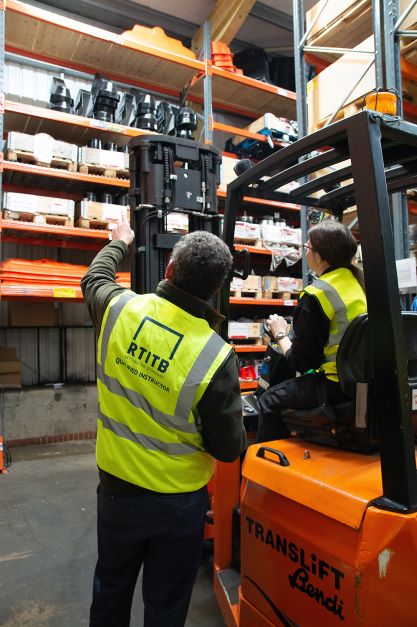Descartes Systems Group, a global leader in uniting logistics-intensive businesses in commerce, has released findings from its survey ‘Retailers: Sustainability is Not a Challenge, It’s an Opportunity’, which examined consumer sentiment of retailers’ sustainability practices around their delivery operations. The survey found that only 38% of consumers felt retailers were doing a good job of using sustainable delivery practices. Over 50%, however, indicated they were quite/very interested in environmentally friendly delivery methods, and 54% would be willing to accept longer lead times for an environmentally friendly delivery.
The study of over 8,000 consumers across nine European countries, Canada and the United States provides retailers and logistics organisations with critical insights into the importance of sustainability in consumer purchase and delivery decisions and how perspectives vary by age and geography.
“The mistake that many retailers are making is viewing home delivery sustainability as yet another challenge from the consumer instead of an opportunity to capture market share, reduce delivery costs and help the environment,” said Chris Jones, EVP, Industry and Services at Descartes. “The study shows that many consumers prefer to buy more from those retailers with superior sustainable delivery practices and to take eco-friendly delivery options that reduce environmental impact and delivery costs at the same time.”
The study analyses consumer sentiment around the sustainability of retailers’ delivery operations, how this is impacting purchasing decisions, how consumers evaluate retailer delivery sustainability efforts, which goods are most impacted by sustainable delivery performance and how consumers want to receive goods. In addition, it delves into the changes in purchasing and delivery decisions that consumers are willing to make to help the environment. Lastly, it provides insight into how the importance of sustainable delivery varies by geodemographic factors, the influence of geodemographics on buyer behaviour, the delivery decisions consumers are making, and consumer expectations of retailers’ sustainable delivery efforts for the future.
To learn more, CLICK HERE to read the report ‘Retailers: Sustainability is Not a Challenge, It’s an Opportunity’.
similar news





